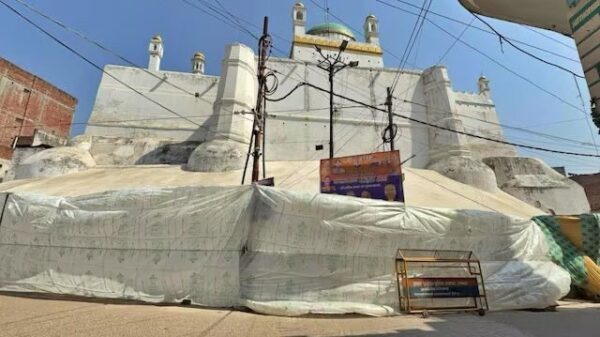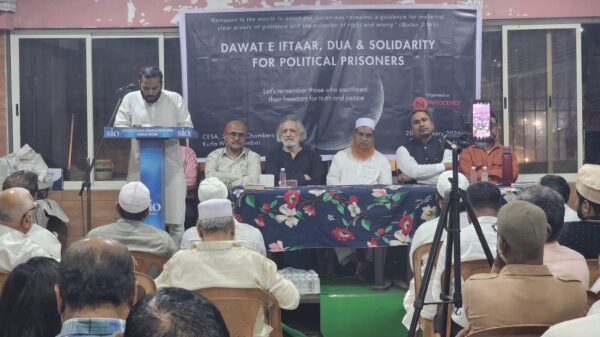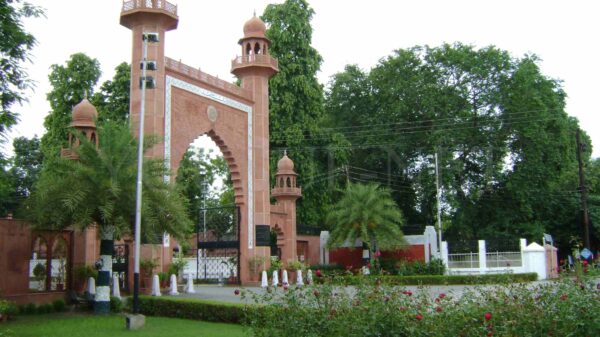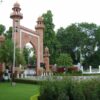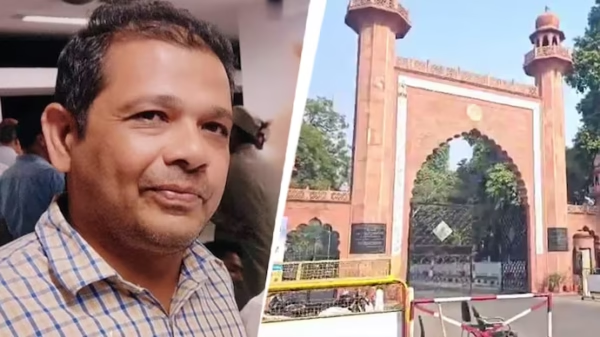A petition has been filed in Civil Court in Aligarh alleging that the city’s Jama Masjid surrounded by a Muslim majority locality in the Upper Kot area was constructed on the place where Buddhist Jain and Hindu temples once stood.
Pandit Keshav Dev Gautam, an RTI activist who has filed this petition claims, “I have been submitting multiple queries with many government departments to get information about the origins of Jama Masjid and historical records suggest that it was constructed in the early 18th century.”
The allegations came after he received information from different government departments including the Aligarh Muslim Corporation In response to queries filed under The Right to Information (RTI) Act.
Gautam cited a claim made by Aligarh Municipal Corporation In response to his query that the mosque was “built on public land without the approval of the government.” Quoting this information, he approached the court demanding the court to declare the Jama Masjid as “illegal.”
The case is said to be heard on February 15 as ordered by civil judge Gajendra Singh on Monday.
Last month, the Supreme Court issued directives not to pass any orders seeking surveys of mosques in disputes. The court also barred lower courts from issuing orders in ongoing cases in similar disputes thereby posing the surveys until further notice. This ruling came after the court heard the petitions filed challenging the places of Worship Act 1991 aimed to preserve the religious character of all places of worship. The petitioner challenged this act as they alleged that this violates the fundamental rights of Hindus, Jains, Buddhists and Sikhs to reclaim religious sites that were destroyed during past invasions.







